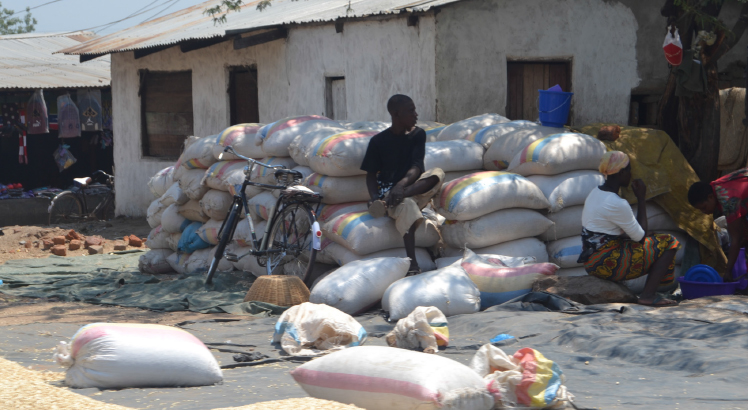Food shortage reports irk expert
An agriculture expert Kennedy Machila says the food insecurity reports in the country raise questions on the impact of the Tonse Alliance Affordable Inputs Programme (AIP) launched to address hunger.
Over the past two years, the government has spent over K800 billion to improve food security only to end up subsidizing household food consumption.
His concerns follow the recently released Malawi Vulnerability Assessment Committee (Mvac) report and Integrated Food Security Phase Classification (IPC) report which shows that at least 3.8 million people or 20 percent of the population in Malawi is expected to face high levels of acute food insecurity.

In an interview on Monday, Machila, a lecturer at Lilongwe University of Agriculture and Natural Resources (Luanar), said government holds the key to break the circle of hunger by making prudent investments in agriculture.
He said resources from AIP must be rechanneled to mega-farms which have the potential to make the country food secure.
Machila said: “Government has to empower commercial farmers with resources to be able to do farming at a larger scale and using improved technologies.
“The concept of mega farms is a good one but perhaps we need to have an agriculture-focused bank or government should negotiate with banks to provide affordable loans to middle and large-scale farmers.”
He further said it is better to introduce a revolving fund for such farmers who must be engaged on a commercial basis.
“These farmers can produce more for the country which in turn can support the poor as well as contain food inflation,” said Machila.
The Mvac report shows that hunger this year will spread to 21 districts between October to March next year.
However, the Ministry of Agriculture on Monday allayed fears of acute food shortage, saying there is enough maize in stock to meet the projected demand.
Ministry of Agriculture spokesperson Gracian Lungu said government is already looking at a number of options to help those that will face acute food shortage, including distribution of free maize and promotion of winter cropping, among others.
On maize, he said the country has enough stock compared to the projected demand for the staple.
Said Lungu: “We have a lot of maize held by government as well as the private sector. Estimates show that we harvested 3.7 million metric tonnes of maize, a drop of about 18 percent compared to last year but still adequate.”
He said food requirement is around 3.4 million metric tonnes which shows that the country has a surplus.
At 3.8 million, this is the highest number of acutely food-insecure population in the last five years compared to 3.3 million in the 2018/19 consumption year and 1.49 million in the 2021/22 consumption year.
The projected acute food-insecure populations were the lowest in 2017/18 and 2019/20 consumption years, having registered 1 042 412 and 1 062 663 people, respectively.






One Comment